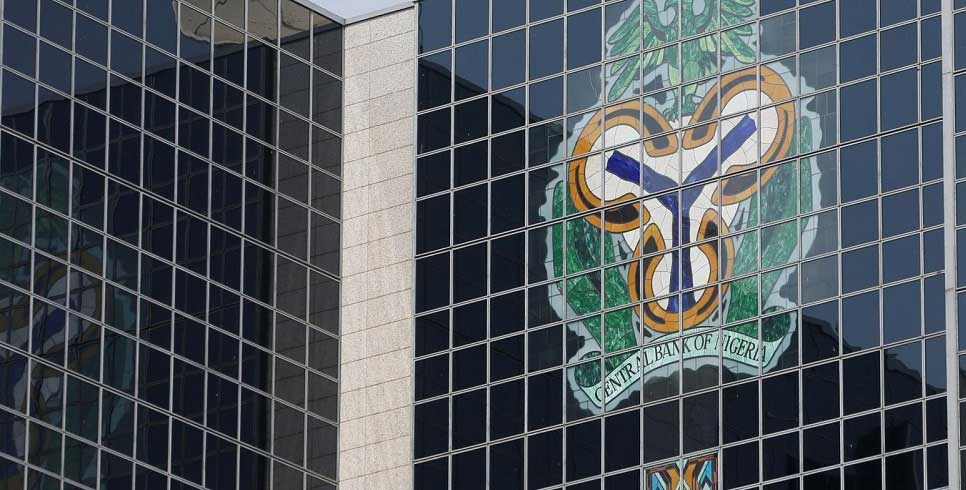Hassan Mahmud, Director, of Monetary Policy Department of the CBN said this while the explaining the reasons for the decisions taken by the Monetary Policy Committee at it’s meeting on Tuesday.
Nigeria operates multiple foreign exchange windows- the Investors & Exporters Window and the parallel market window.
The naira trades at N445.50, while the rate currently trades at N770 per dollar at the back market.
Black market operators had exchanged the dollar for N880 before the CBN and anti-graft agency, the Economic and Financial Crimes Commission began to clamp down on the operators.
The Director explained that the naira has traded very weak over the high demand of the dollar for transactions.
He said, “The economy is not that shock absorbing that you can narrow it over the most short period of time. you needed to narrow it down gradually. Yes, we want to have a positive real exchange rate regime so that we can be able to see what we expect in the financial market.
“We have severally said that a lot of substantial parts of the FX or the appropriate exchange rate factors in demand and supply and the supply side is narrowing significantly.”
According to the CBN, the impact of crude oil theft and pipeline vandalism has depleted the supply of foreign exchange into the Nigerian market.
He said that the naira will be further adjusted to reflect economic reality but not at the parallel market rate.
He added, “Central Bank do not have those inflows. we do not have the power machines to keep defending the naira. What we do at most of our I&E Window market is to intervene and see that the price reflects what we think is the appropriate exchange market.
“We have also depreciated in that market at least four-five times and we are moving to also reflect the fundamentals of the economy. But we cannot use the parallel market as the benchmark because we also need to know what kind of transactions are going there.
“We are not going to be using speculative activities to drive our market fundamentals. That will be going the wrong path. But we are aware of the margin that is within that space and how to narrow that margin particularly, for bulk transactions that are trade-related, employment generating, and all.
“We are looking at that space. A lot of reforms are being done in that space and out of our space we are doing a lot on the supply side.”
He said the inflows of the RT200 have reached $1bn in the third quarter of 2022.
Mahmud also said the apex bank will stop its monetary policy tightening when inflation abates.
According to him, the MPR will be reduced when inflation falls to 15 per cent.
The revelation is coming amidst the recent hike of the benchmark rate to 16.5 per cent on Tuesday.
The MPC members voted for a 100 basis [points hike in the rate which was 15.5 per cent.
Mahmud said, “I am not sure we will say until the real negative interest rate is positive before we stop. But there is a threshold we will get so that we see inflation numbers come down to 15 per cent narrowing down to 12 per cent, then we will start.
“Don’t forget that two of them move, while the inflation numbers also going down we expect growth to start recovery and then we start seeing supply meeting up with aggregate demand.”
 DailyrecordNg …Nigeria's hottest news blog
DailyrecordNg …Nigeria's hottest news blog









